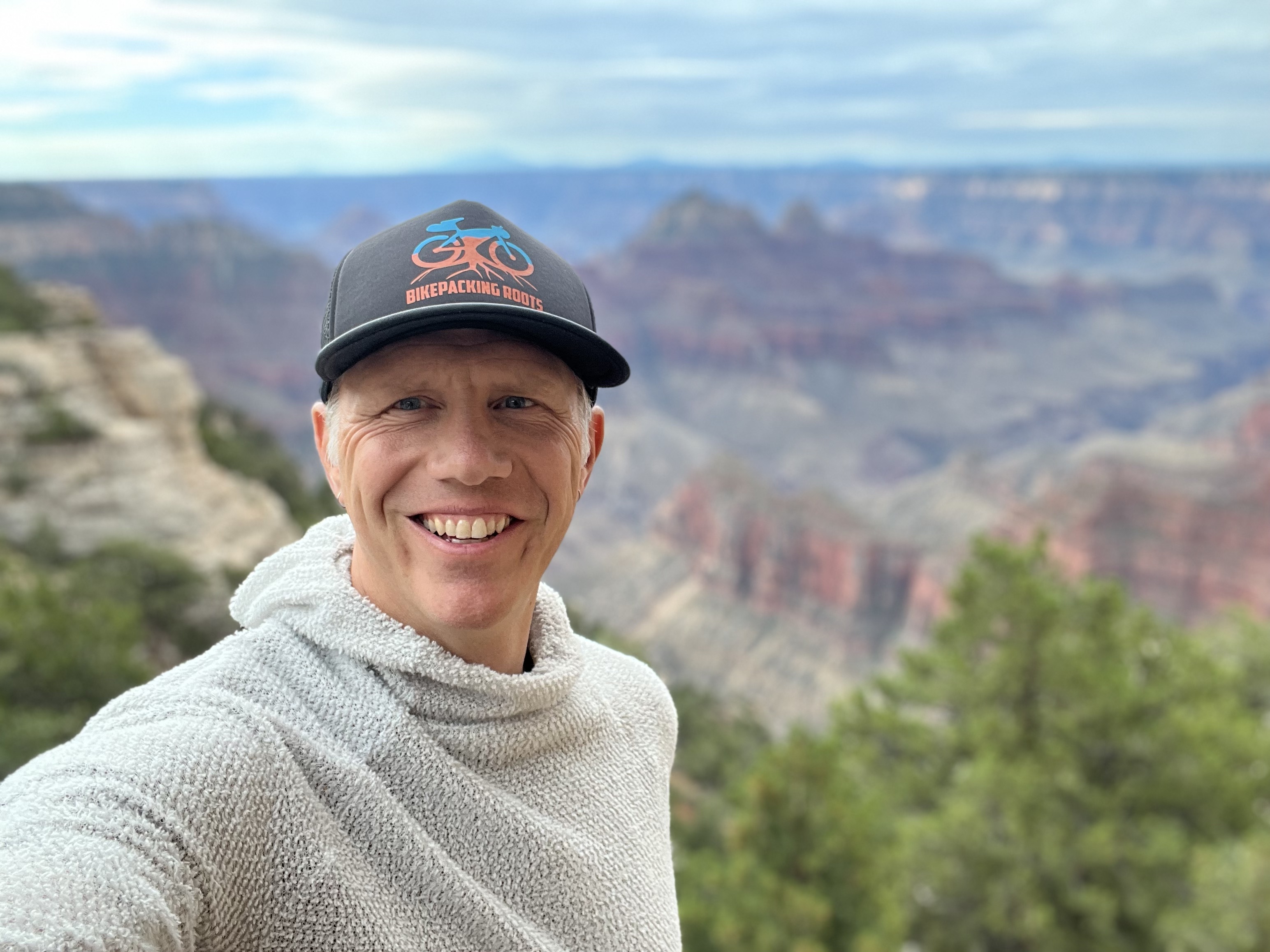A summary of 2013

Here’s a quick run down on the annual stats for my blog according to Jetpack. For the complete report, go here.
This blog was viewed about 16,000 times in 2013. My teaching page is a subdomain of my main site, so I’m guessing that a good chunk of that 16,000 is a result of my students clicking around (but I’m not sure about that). In 2013, there were 29 new posts, growing the total archive of this blog to 63 posts.
The busiest day of the year was September 18th with 340 views. The most popular post that day was Free and Open-Source Textbooks.
The top five most viewed posts in 2013 were:
- LaTeX Homework Template, Aug 2012
- Mathematics Education on the arXiv?, Jul 2013
- Montessori Observations, Apr 2013
- An infinite non-cyclic group whose proper subgroups are cyclic, Dec 2013
- Euler’s Research Rules, Oct 2013
The top referring sites in 2013 were:
I would have expected Google+ to be the top referrer and I’m a bit surprised that Facebook made the list at all. I’m happy to see that being a part of Booles’ Rings (a network of academic home pages/blogs) is bringing some traffic this way and I hope that I’m reciprocating at least a little.
Visitors came from 114 different countries! Most visitors came from the United States, but Canada and the United Kingdom were not far behind.
The most commented on post in 2013 was [Mathematics Education on the arXiv?][6] with 26 comments. These were the 5 most active commenters on this blog:
- Dana Ernst, 26 Comments
- François G. Dorais, 7 Comments
- Bret Benesh, 4 Comments
- Simon H., 3 Comments
- Peter Krautzberger, 2 Comments
I guess it’s no surprise that I was the top commenter. It is worth pointing out that François and Peter are also members of Booles’ Rings.
Thanks for a fun year!
Dana C. Ernst
Mathematics & Teaching
Northern Arizona University
Flagstaff, AZ
Website
928.523.6852
Instagram
Strava
GitHub
arXiv
ResearchGate
LinkedIn
Mendeley
Google Scholar
Impact Story
ORCID
About This Site
This website was created using GitHub Pages and Jekyll together with Twitter Bootstrap.
Unless stated otherwise, content on this site is licensed under a Creative Commons Attribution-Share Alike 4.0 International License.
The views expressed on this site are my own and are not necessarily shared by my employer Northern Arizona University.
The source code is on GitHub.
Land Acknowledgement
Flagstaff and NAU sit at the base of the San Francisco Peaks, on homelands sacred to Native Americans throughout the region. The Peaks, which includes Humphreys Peak (12,633 feet), the highest point in Arizona, have religious significance to several Native American tribes. In particular, the Peaks form the Diné (Navajo) sacred mountain of the west, called Dook'o'oosłííd, which means "the summit that never melts". The Hopi name for the Peaks is Nuva'tukya'ovi, which translates to "place-of-snow-on-the-very-top". The land in the area surrounding Flagstaff is the ancestral homeland of the Hopi, Ndee/Nnēē (Western Apache), Yavapai, A:shiwi (Zuni Pueblo), and Diné (Navajo). We honor their past, present, and future generations, who have lived here for millennia and will forever call this place home.
